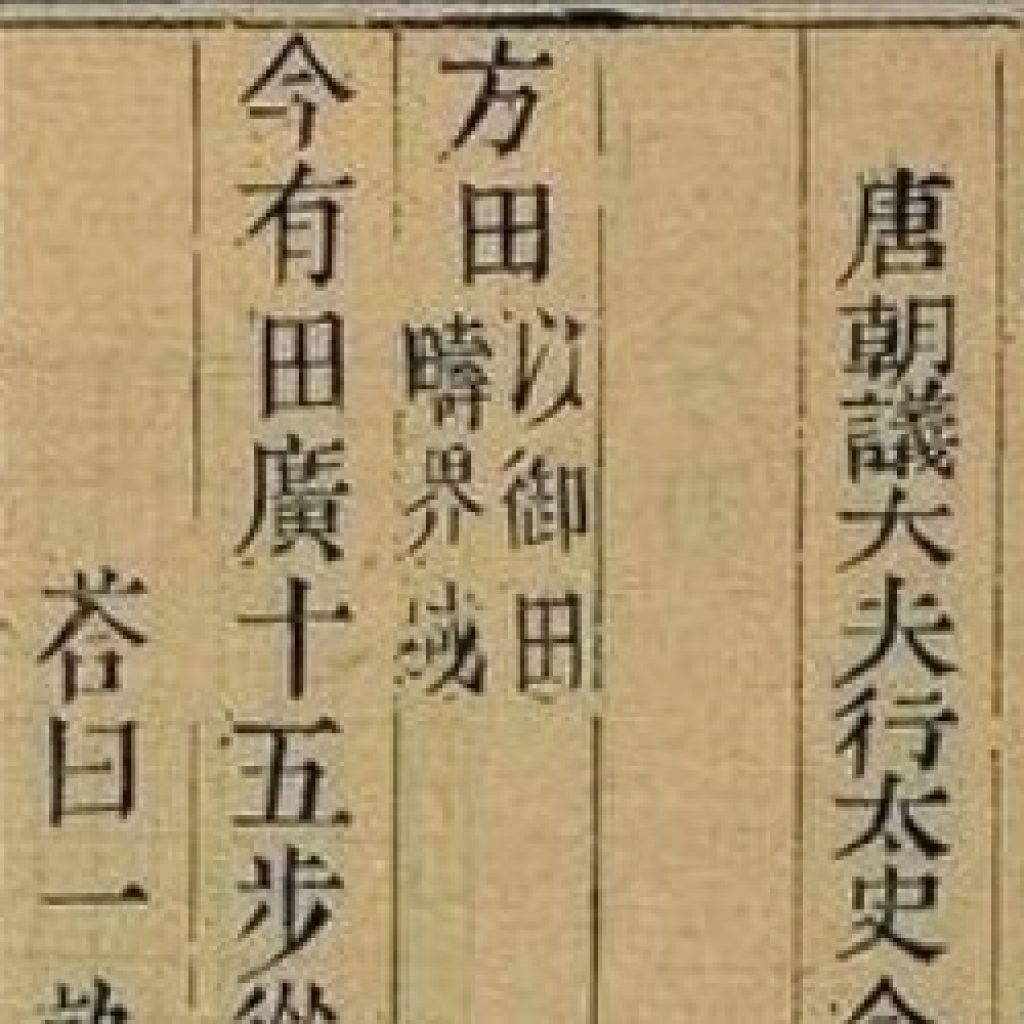(ScienceNews.org) A photonic quantum computer, which harnesses particles of light, or photons, performed a calculation that’s impossible for a conventional computer, researchers in China report online December 3 in Science. That milestone, known as quantum supremacy, has been met only once before, in 2019 by Google’s quantum computer Google’s computer, however, is based on superconducting materials, not photons.
Named Jiuzhang after an ancient Chinese mathematical text, the new quantum computer can perform a calculation in 200 seconds that would take more than half a billion years on the world’s fastest non-quantum, or classical, computer.
NOTE: Accompanying image to this article is from the mathematical text Jiuzhang after which the photonic quantum computer is named.
Jiuzhang consists of a complex array of optical devices that shuttle photons around. Those devices include light sources, hundreds of beam splitters, dozens of mirrors and 100 photon detectors. Employing a process called boson sampling, Jiuzhang generates a distribution of numbers that is exceedingly difficult for a classical computer to replicate.
“This is the first independent confirmation of Google’s claim that you really can achieve quantum supremacy,” says theoretical computer scientist Scott Aaronson of the University of Texas at Austin. “That’s exciting.”
“My first impression was, ‘wow,’” says quantum physicist Fabio Sciarrino of Sapienza University of Rome.
While Google was the first to break the quantum supremacy barrier, the milestone is “not a single-shot achievement,” says study coauthor and quantum physicist Chao-Yang Lu of the University of Science and Technology of China in Hefei. “It’s a continuous competition between constantly improved quantum hardware and constantly improved classical simulation.” After Google’s quantum supremacy claim, for example, IBM proposed a type of calculation that might allow a supercomputer to perform the task Google’s computer completed, at least theoretically.
China’s Photonic Computer Jiuzhang Achieves Quantum Supremacy

Jiuzhang, the ancient mathematical texbook for which China's quantum supremacy-achieving computer is named.